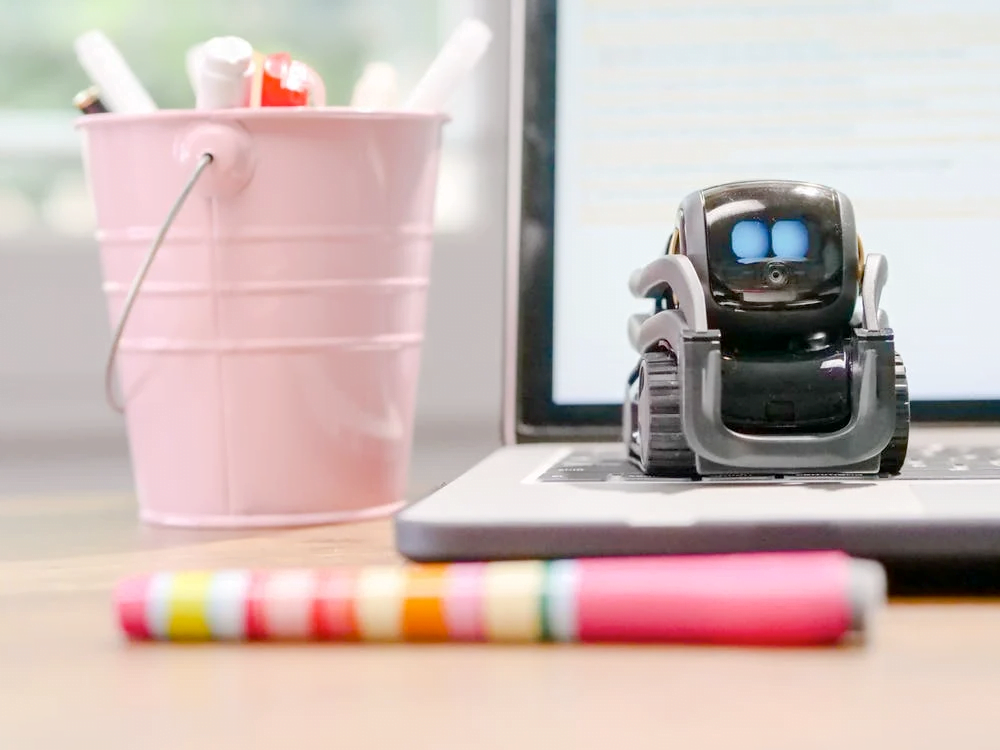Impact of AI on the education sphere

While parents, educators, as well as psychologists, continue to debate screen time, artificial intelligence and machine learning are changing the face of education. The Artificial Intelligence Market Report predicts that U.S. Education will increase by 47.5% between 2017 and 2021. Experts agree that teachers remain indispensable. However, there will be significant changes to the job of teachers as well as best practices in education.
Collaboration between AI teachers
AI has been used in education in a variety of ways, including tools that help in the development of skills and testing systems. AI education solutions have advanced and AI will hopefully be able to fill in the learning and teaching gaps. This will make it possible for schools and teachers to do more. AI can drive efficiency, customization, and organize admin tasks to allow teachers the time and space to give understanding and manageability–uniquely human skills where machines would usually struggle. AI education will bring together both teachers and computers to produce the best outcome for students. Future students will need to learn how to use AI. It is crucial that educational institutions expose their students to technology and show them how it can be used.
Differentiated learning
Since its inception, educators have worked hard to tailor learning to each student's needs. AI will make it possible for teachers to differentiate their classes, even if they have fewer students. Companies such as Content Technologies and Carnegie Learning work on intelligent instruction design. They use AI for students to get feedback, test, learn and give feedback. They are able to address the needs of students and identify gaps in their knowledge to redirect them to relevant topics. AI will be more advanced, and it may become possible for a machine to read the expressions of students that indicate they have difficulty understanding a topic. This will allow the machine to modify the lesson to address it. AI-powered machines will allow you to create a curriculum that is tailored for each student.
All students have equal access
Artificial intelligence tools make it possible to create global classrooms that are accessible to all, including those with visual or hearing impairments. The PowerPoint plug-in Presentation Translator allows you to create subtitles for your teacher's speech instantly. This allows students with disabilities to access new learning opportunities. AI can help to dismantle silos between traditional grades.
Automate admin tasks
The teacher spends a lot on homework and grading tests. AI can help with these tasks, and even offer suggestions to fill in the gaps. While machines can grade multiple-choice questions, they cannot yet assess written responses. AI will allow teachers to spend more time with their students and automate administrative tasks. AI has the potential for improving enrollment and admissions.
Other tutoring and support
Ask any parent who's had to struggle with teaching their child algebra. Not only a student but also a parent will be happy to ask pay someone to do my paper service for help. But it’s all changing now. They'll be delighted to hear how AI can support them in their child's study and test prep. Artificial intelligence is making tutoring easier and more efficient. They will be more easily accessible and able to respond to a range of learning styles.
AI applications are still being created for education. These include AI mentors and smart content development, as well as AI mentors for students. A new way to personalize teacher training through virtual global meetings is also being developed. Although AI and machine-learning adoption in education are slower, there are already significant changes.



